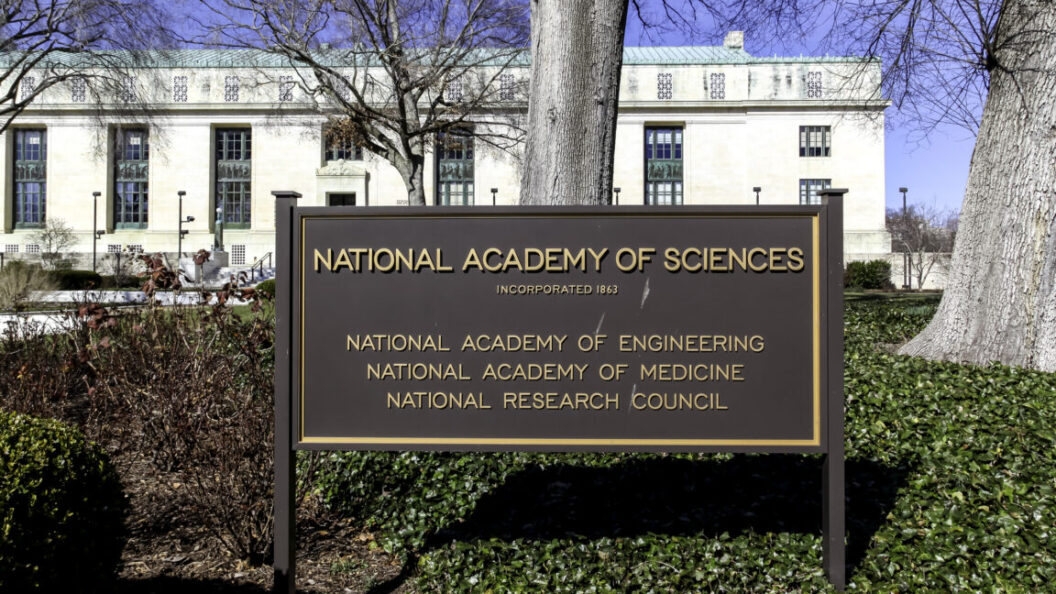National Academies Event Highlights Concerns Over Science Funding
In recent discussions surrounding science funding in the United States, significant concerns have emerged regarding the future direction of federal support. The National Academies of Sciences, Engineering, and Medicine (NAS) hosted an event titled “State of the Science,” which was anticipated to address these pressing issues. However, the presentation by NAS President Marcia McNutt resulted in more questions than answers about the direction of U.S. science policy.
Funding Concerns Ignored
As the United States grapples with a precarious science funding landscape, advocates believe that the leadership of major science organizations should intensify their advocacy for increased funding. Yet, the recent NAS meeting displayed a lack of urgency in addressing these issues. McNutt’s presentation included vague allusions to the challenges facing the scientific community, such as potential cuts and the “exodus of researchers” from the field due to financial insecurities.
“We are embarking on a radical new experiment in what conditions promote science leadership, with the US being the treatment group, and China as the control,” McNutt stated, emphasizing the uncertainty that engulfs the science budget outlook for the coming year. While acknowledging the impact of recent funding cuts, her focus appeared to stray towards analyzing trends in science funding prior to the Trump administration.
A Look Backward
Instead of tackling immediate concerns, McNutt suggested that examining historical trends could help position the scientific community for the future. However, this approach drew criticism for its insensitivity to the rapidly changing policy environment under the current administration. The ideological shifts and proposed cuts threaten to fundamentally reshape U.S. scientific research and its global standing.
Critics argue that ignoring the current administration’s policies undermines the pressing need to advocate for science funding. Given the potential for radical changes in federal research priorities, many believe that the direction of U.S. science cannot be disentangled from current political dynamics.
Controversial Omissions
In her remarks, McNutt touched upon findings from faculty surveys indicating that researchers spend approximately 40% of their time navigating regulatory requirements. Notably, she positioned the administration’s commitment to reducing regulations as a positive opportunity. However, many argue that this perspective overlooks the retreat from science-driven policies that accompany deregulation efforts. Critics point out that such abandonments could hinder progress by removing necessary oversight in scientific endeavors.
The selective focus on advantages without acknowledging the broader consequences of regulatory rollbacks may mislead stakeholders about the actual implications for scientific integrity and advancement.
The Future of U.S. Science
As the U.S. scientific community stands at a crossroads, the need for a robust defense of research funding amidst these challenges cannot be overstated. Rather than solely examining past trends, a proactive approach is essential. The evident shift in policy creates a landscape where the future of U.S. science depends heavily on advocacy and the ability to influence political discourse around these funding decisions.
The potential consequences of inaction are dire: insufficient or misguided funding could stifle innovation and undermine the country’s status as a global leader in science and technology. With researchers leaving the field due to an uncertain future, the time is ripe for organized efforts to mobilize support and articulate the critical importance of sound funding practices.
Conclusion
The National Academies’ event was a missed opportunity to galvanize discussion around urgent funding issues impacting the scientific community. As the U.S. faces unprecedented challenges in maintaining its scientific integrity, addressing these matters head-on will be crucial. The capacity for U.S. science to adapt and thrive will largely depend on the commitment of its leaders and policymakers to prioritize funding and integrity in the face of evolving political landscapes. Stakeholders must rally together to advocate for the future of science, ensuring that it remains a vital component of American innovation and global leadership.









